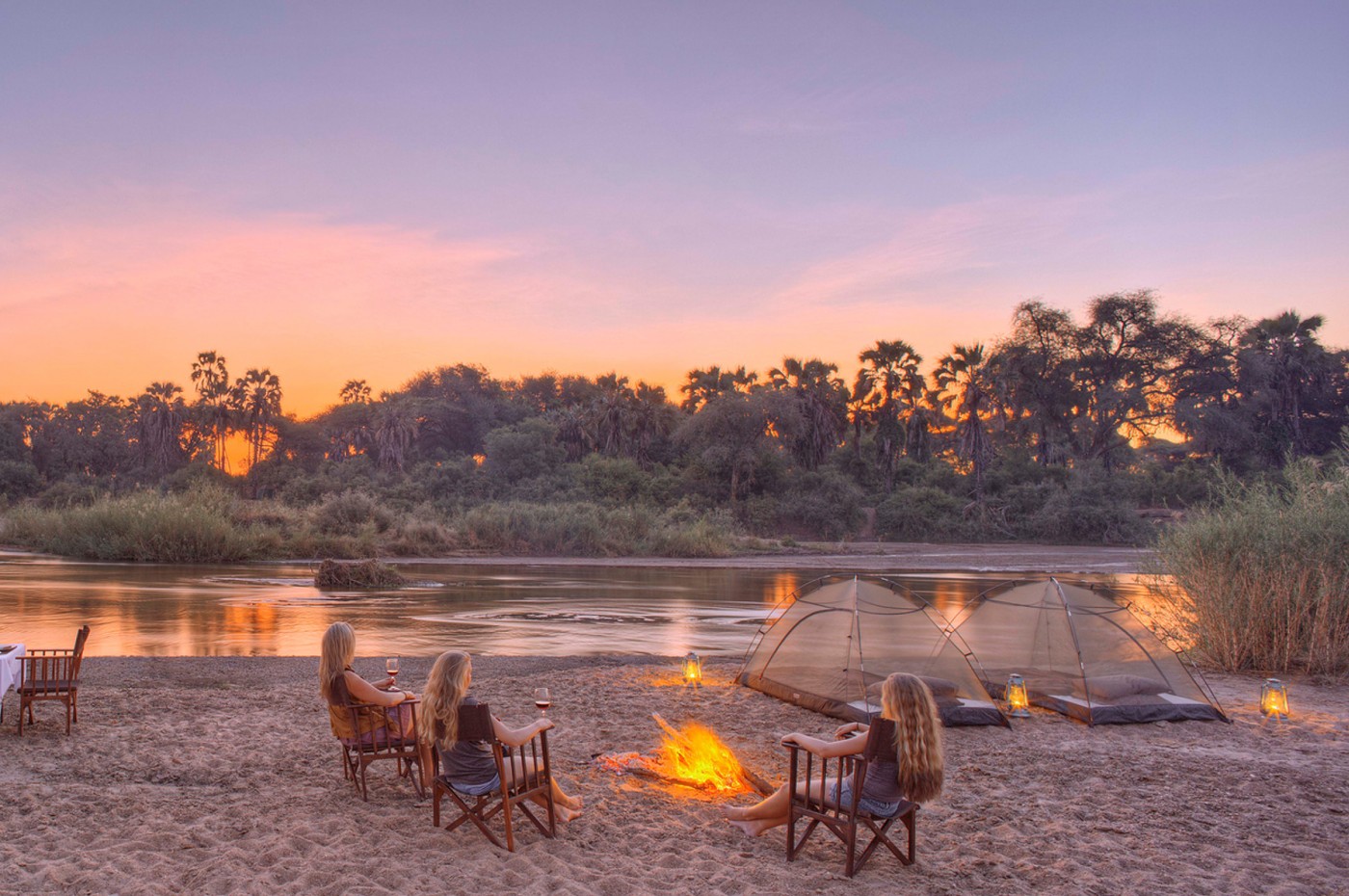
Kichacka Expeditions, Ruaha National Park
Perhaps the wildest safari and nature experience on the African continent
Kichaka Expeditions is close to being the ultimate safari experience in Africa. In an isolated corner of wild Ruaha National Park, Moli and Noelle welcome you with open hearts and expertise at the very highest level. It is wild and untamed and far from the park's few other camps.
Why we love Kichaka Expeditions:
- Hosts and location are second to none
- Some of the best walking safaris in Africa
- The feeling of being alone in the raw bush is amazing
- With just 3 tents, an incomparable intimacy reigns here
- Expedition in their mobile lightweight camp is simply unique

Kichaka Expeditions, Ruaha, Tanzania

Kichaka Expeditions, Ruaha, Tanzania

Kichaka Expeditions, Ruaha, Tanzania

Kichaka Expeditions, Ruaha, Tanzania
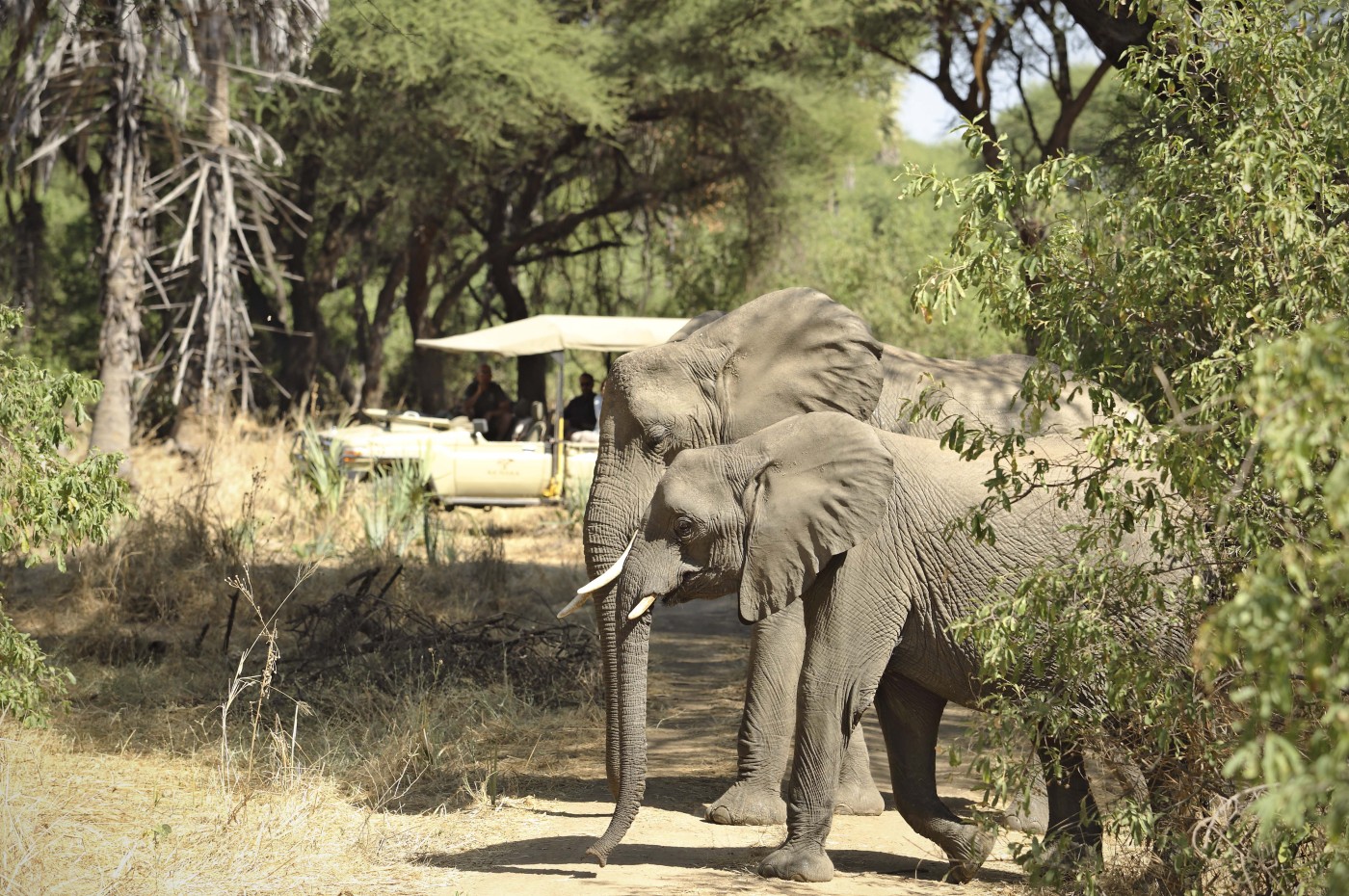
Kichaka Expeditions, Ruaha, Tanzania
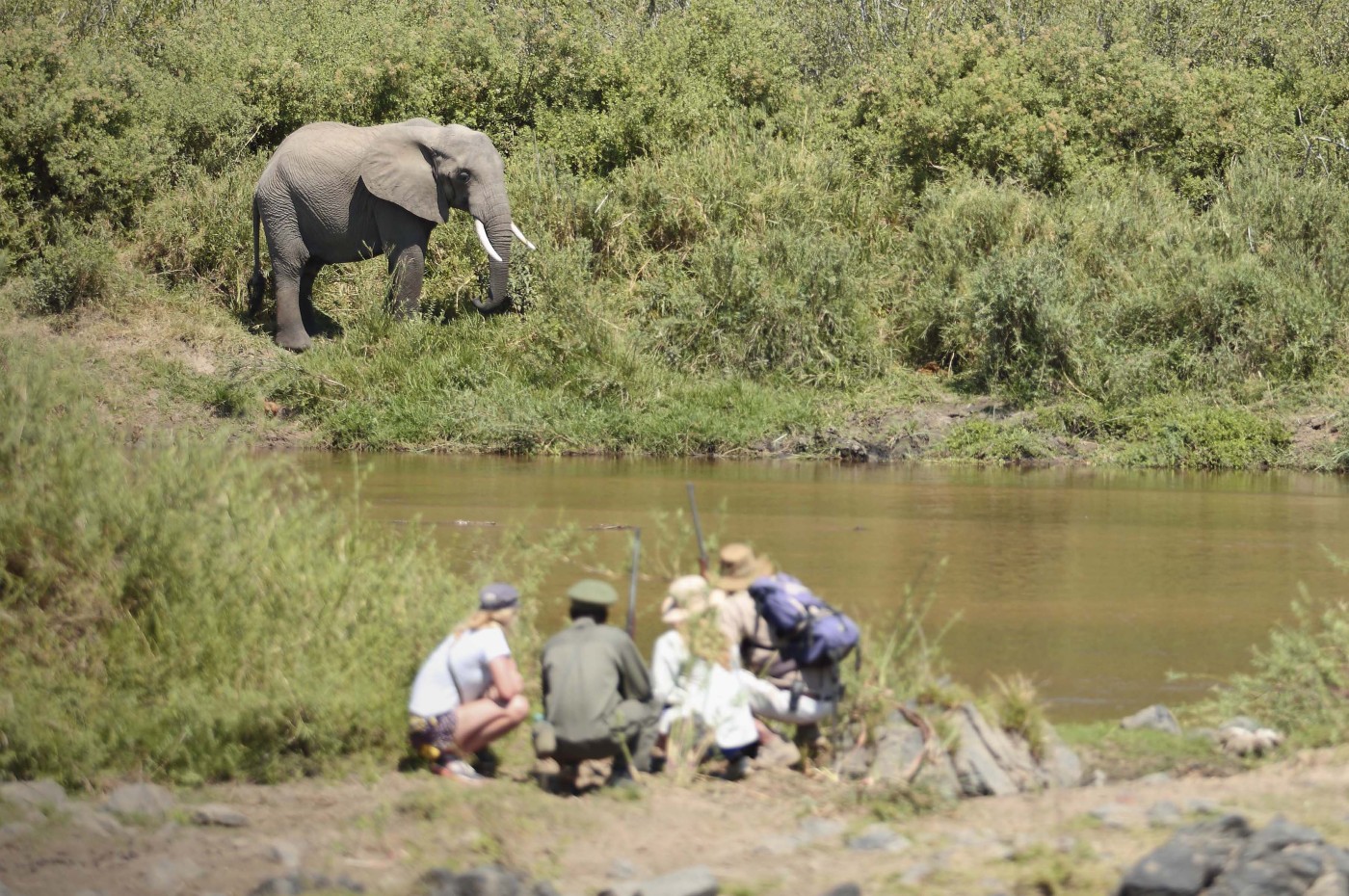
Kichaka Expeditions, Ruaha, Tanzania

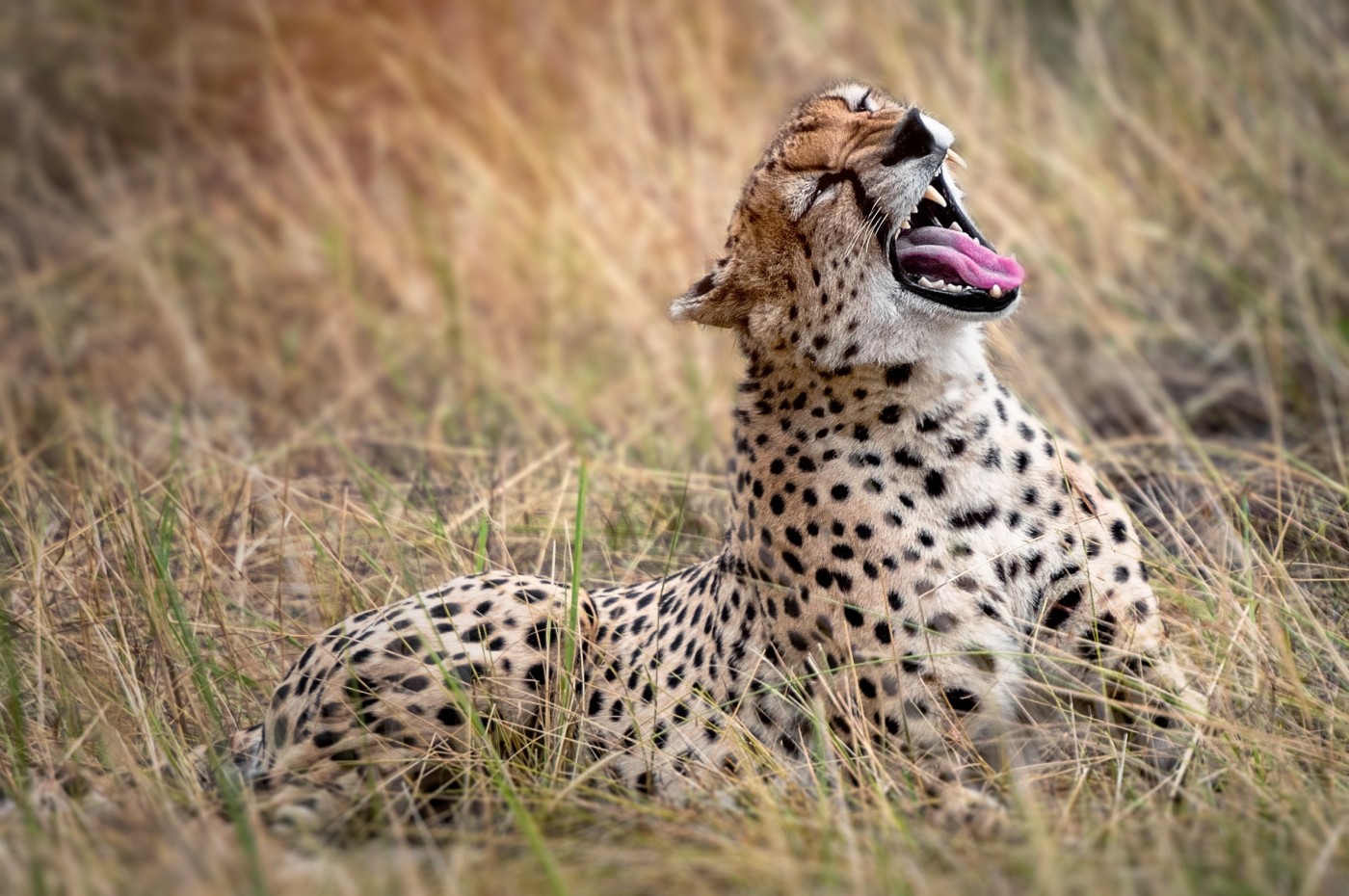

Kichaka Expeditions, Ruaha, Tanzania
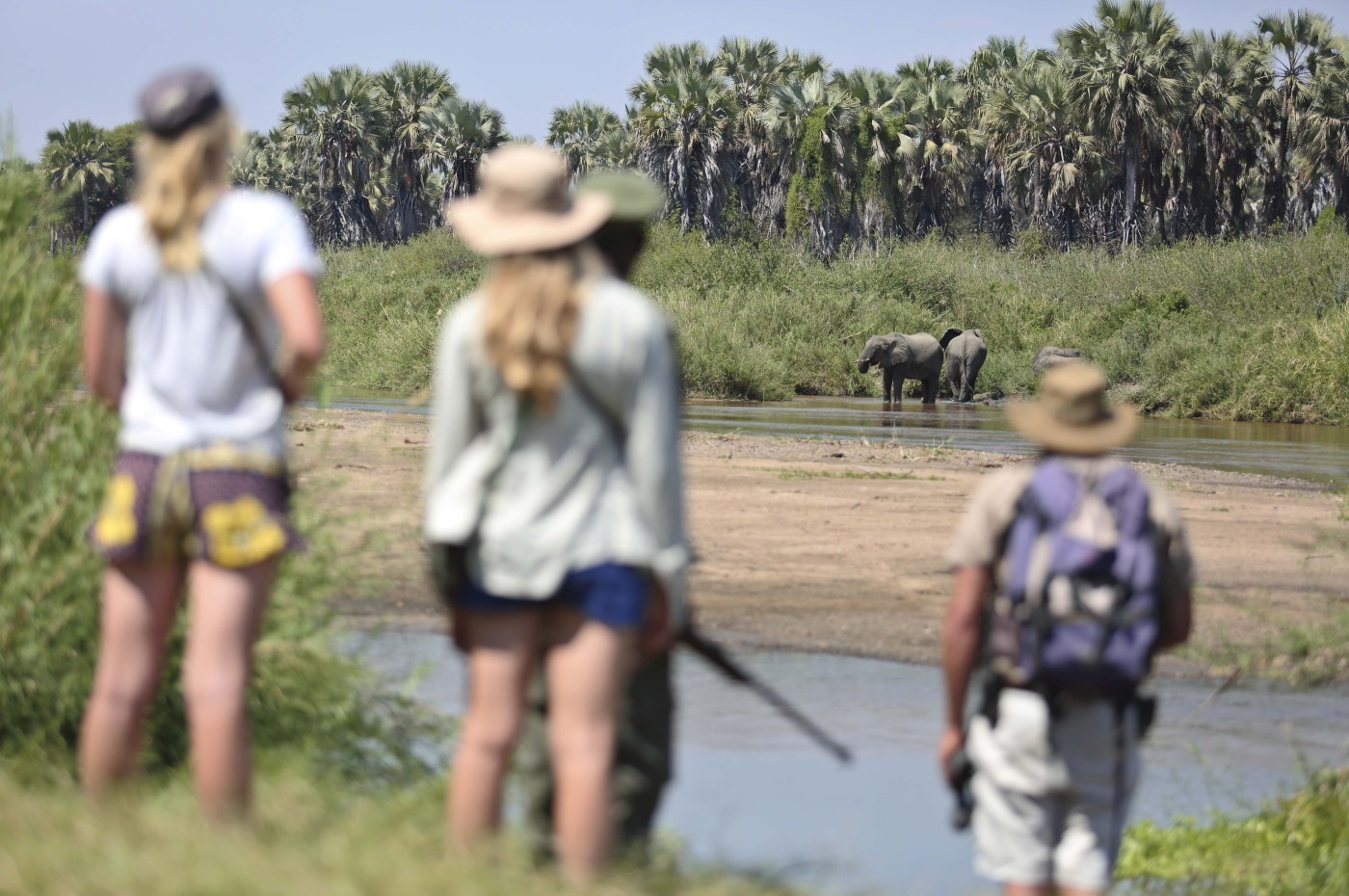
Kichaka Expeditions, Ruaha, Tanzania
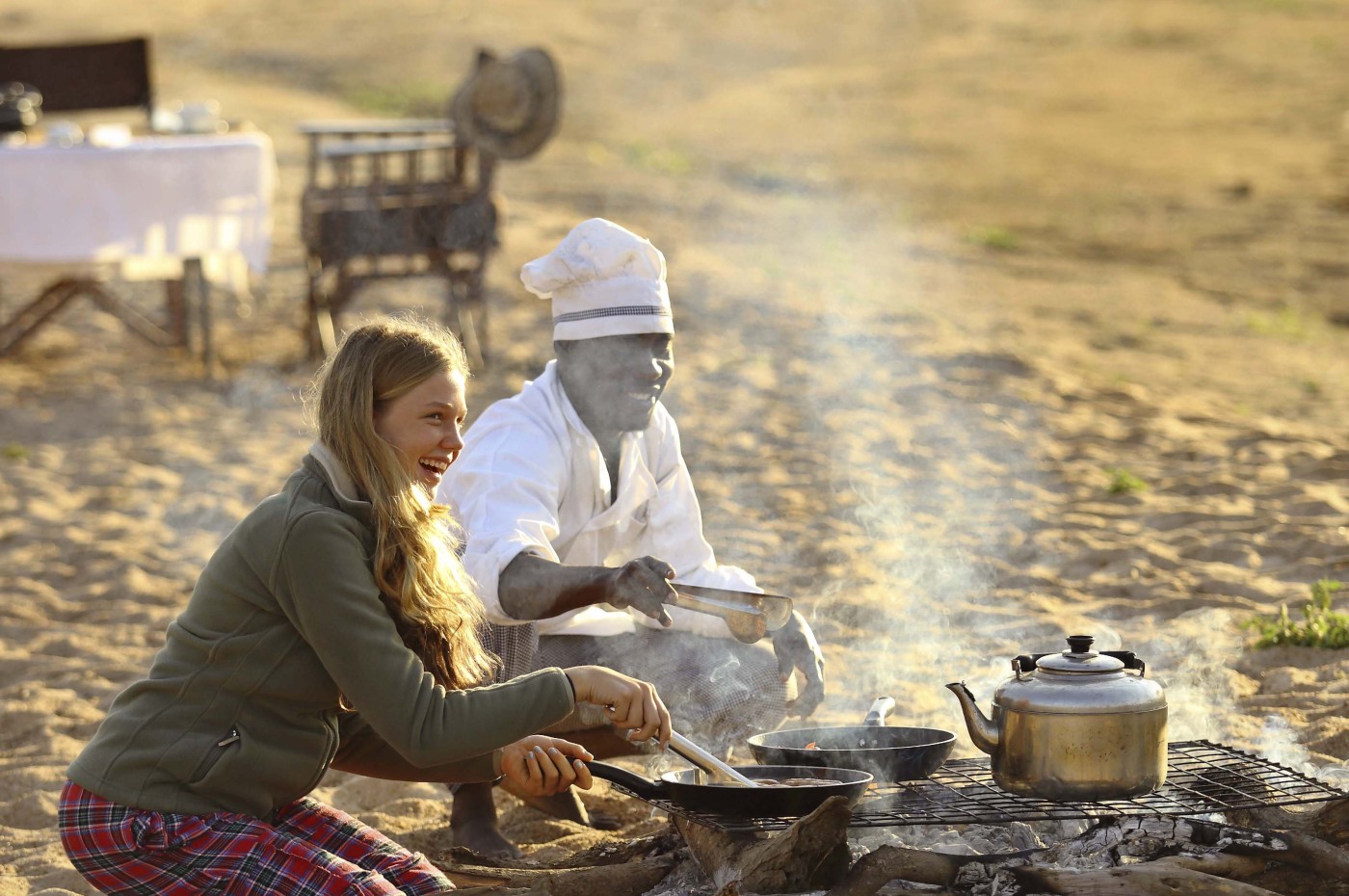
Kichaka Expeditions, Ruaha, Tanzania

Kichaka Expeditions, Ruaha, Tanzania

Kichaka Expeditions, Ruaha, Tanzania

Kichaka Expeditions, Ruaha, Tanzania

Kichaka Expeditions, Ruaha, Tanzania

Kichaka Expeditions, Ruaha, Tanzania
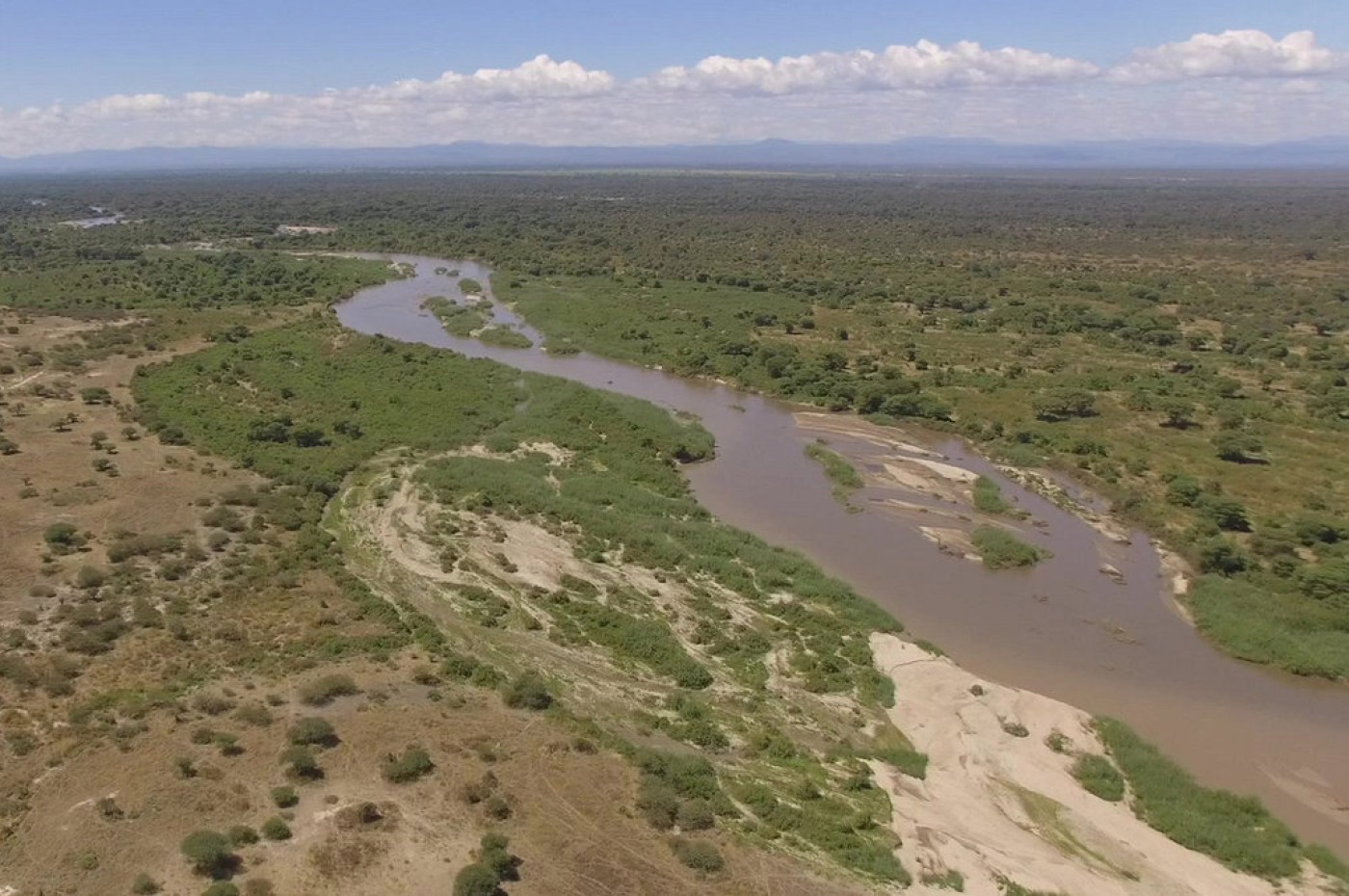
Kichaka Expeditions, Ruaha, Tanzania


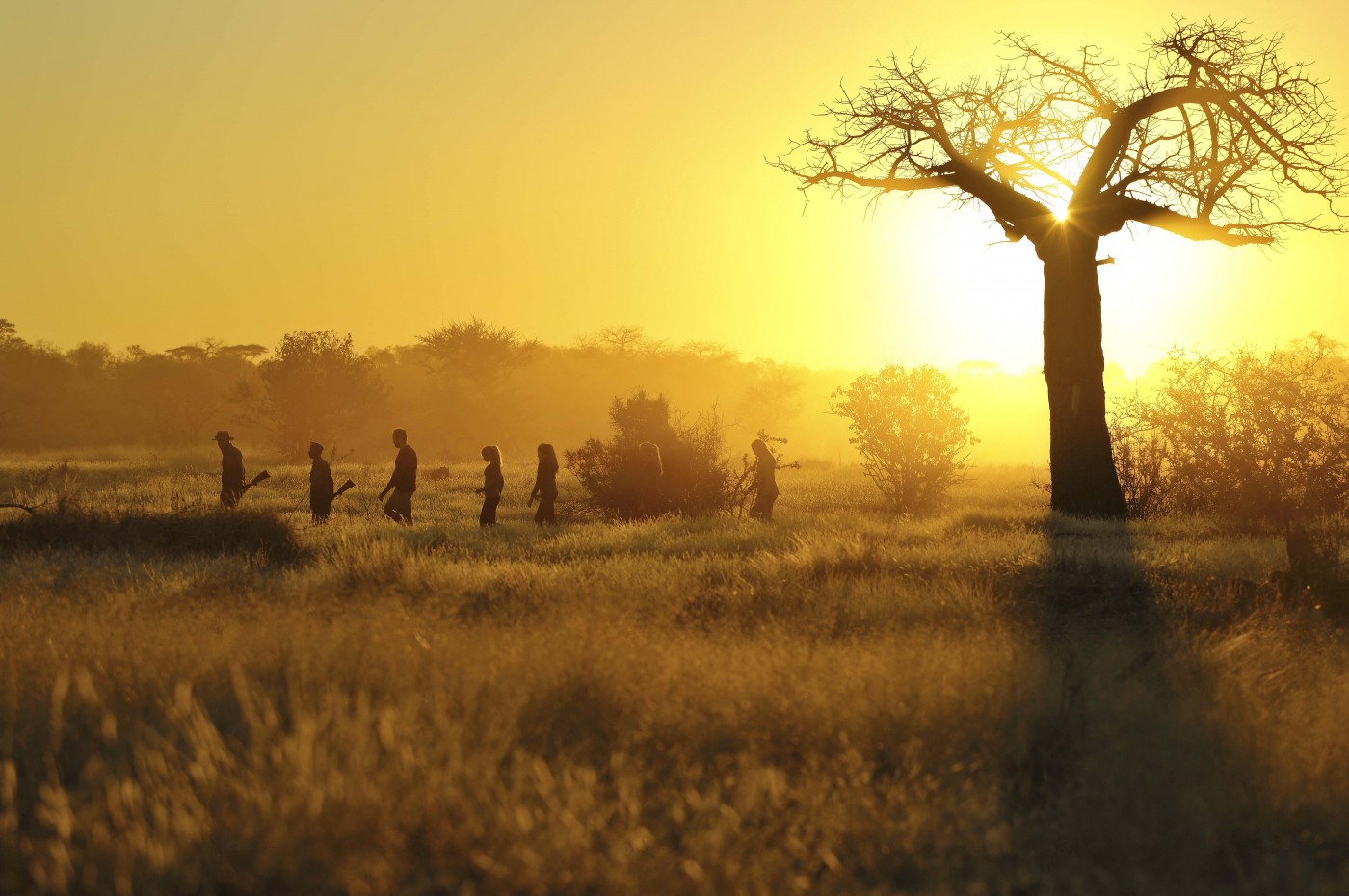
Kichaka Expeditions, Ruaha, Tanzania

Kichaka Expeditions, Ruaha, Tanzania

Kichaka Expeditions, Ruaha, Tanzania
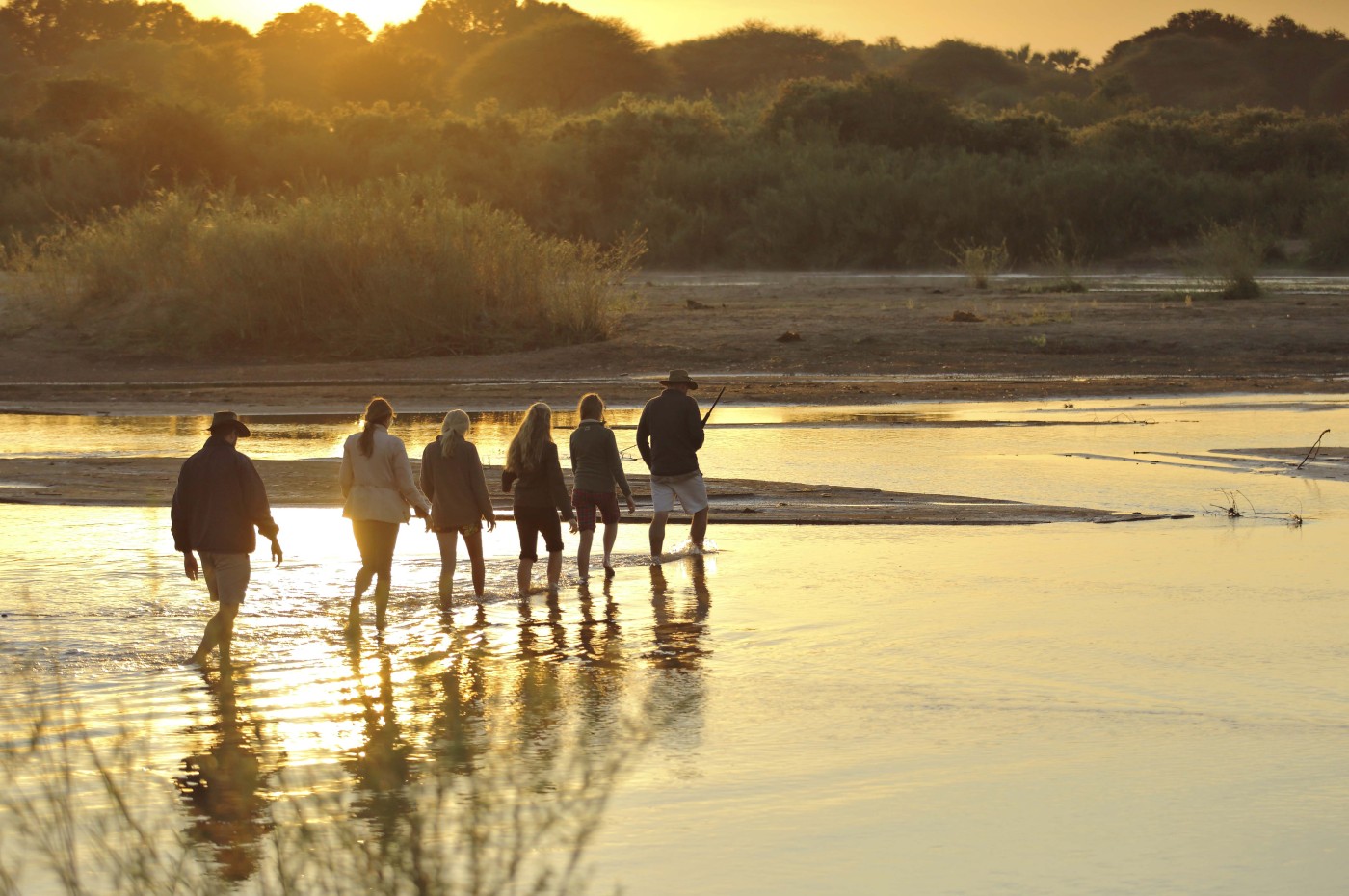
Kichaka Expeditions, Ruaha, Tanzania
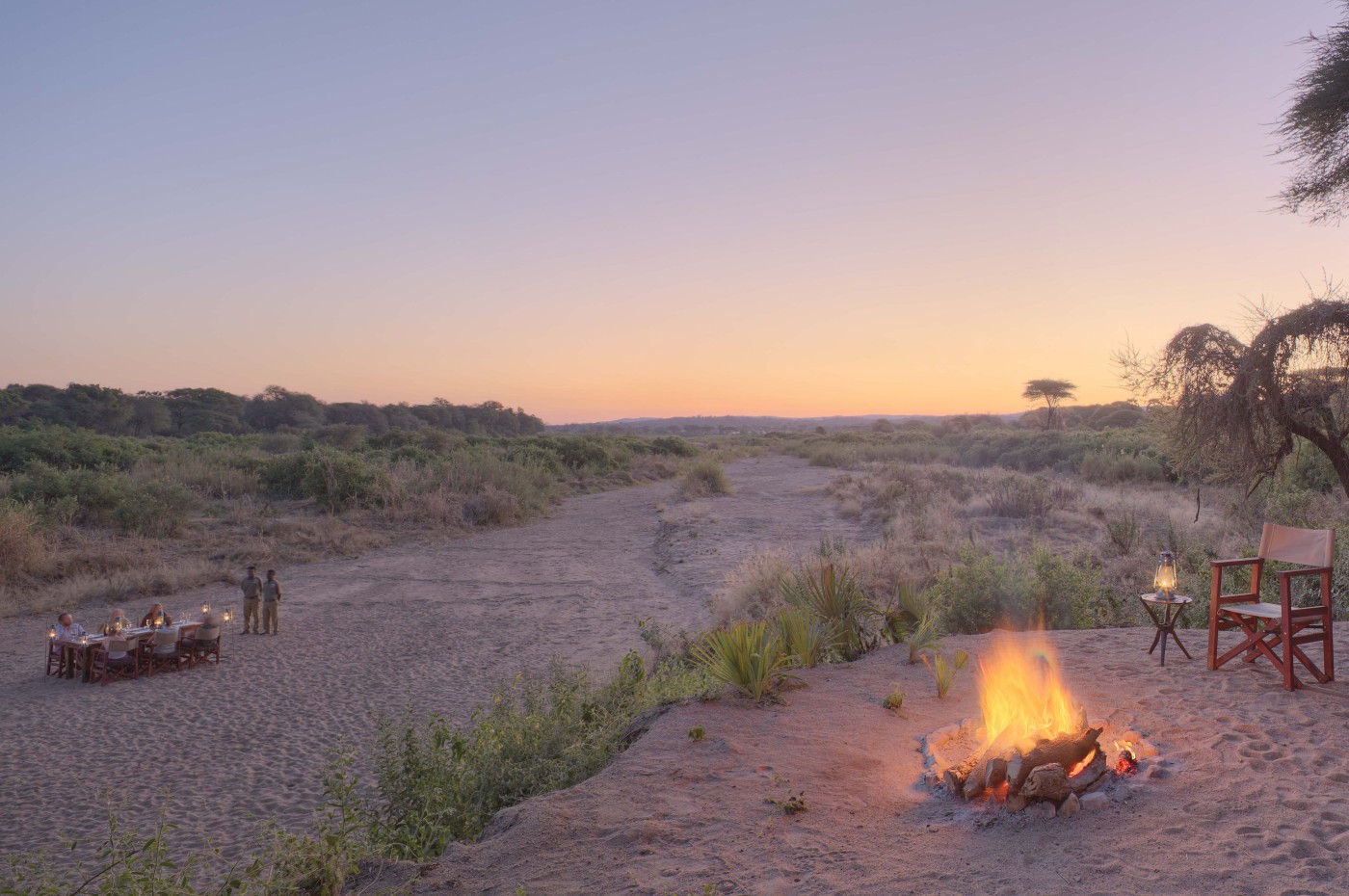
Kichaka Expeditions, Ruaha, Tanzania
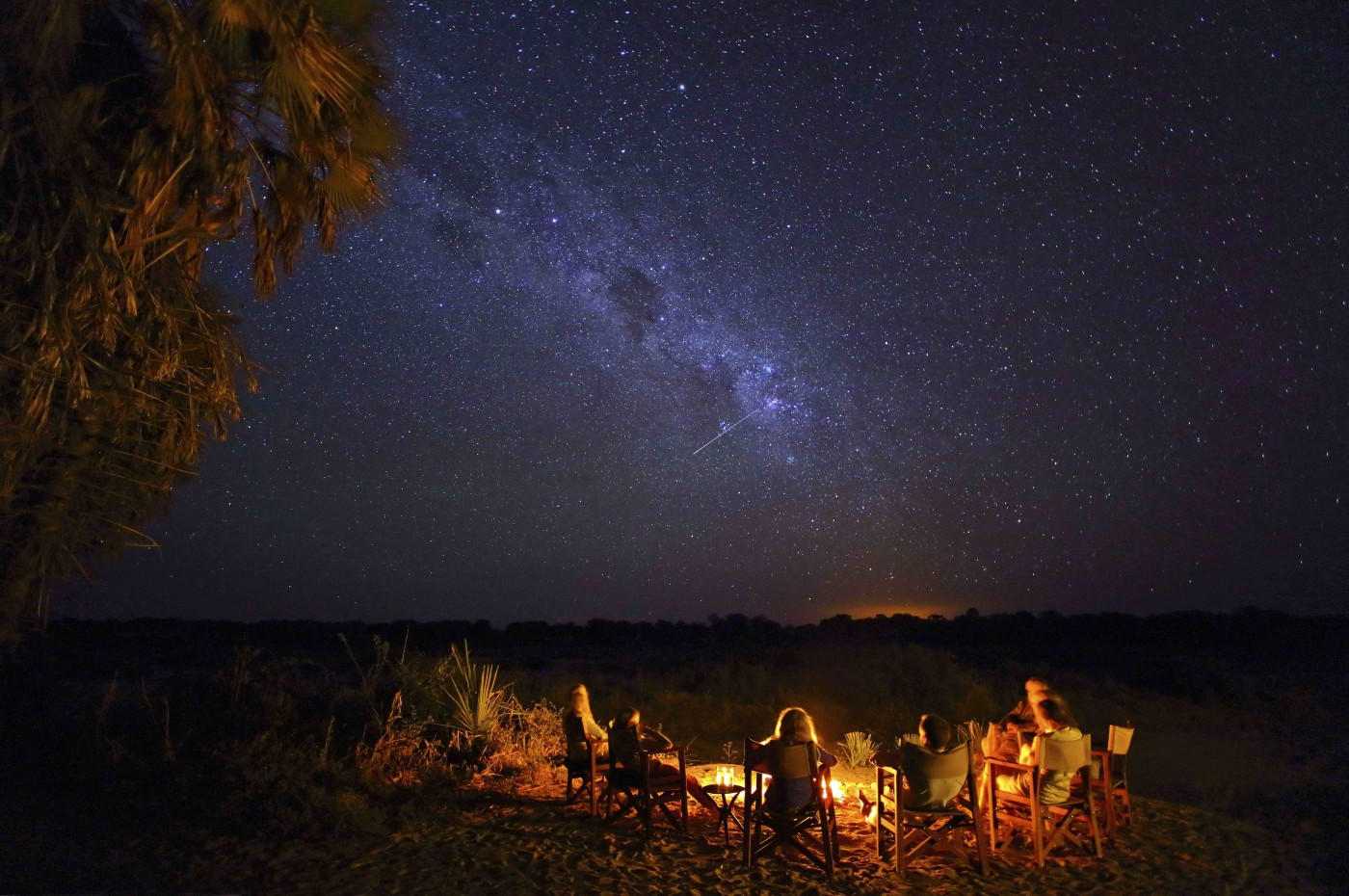
Kichaka Expeditions, Ruaha, Tanzania
If you have been on a safari before, or you just want the wildest nature and animal experience far from all other tourists, then Kichaka is a perfect choice.
Kichaka Expeditions actually consists of two camps. Kichaka Frontier is the semi-permanent and quite comfortable base, while Kinchaka Untamed is the mobile lightweight camp used for expeditions - from a few days to several weeks.
Amazing hosts - experienced, knowledgable and passionate
Moli's full name is Andrew Molinari. He is only in his early 40s, yet he is a bit of a legend with an experience and knowledge like few others. Together with his partner Noelle, he decided in 2013 to move out and live permanently in the bush. Thus Kichaka Expeditions was born in a remote corner of Tanzania's second-largest national park, where they had both lost their hearts many years before.
The sympathetic host couple represents perhaps some of the most sublime, one can find in the African safari world. A level of knowledge, warmth, and hospitality that even the most expensive places cannot match.
And we know better than most because Journey's Intent's co-owner Jean hired and trained Moli long time before Kichacka was born - and they still call each other friends.
A walking safari is pure magic
Kichaka's top competence is walking safaris. Moli has trained loads of guides and park rangers to navigate the bush on foot, and he is considered to be one of East Africa's best walking guides.
A walking safari is a completely different experience than the more classic game drives. You are closer to nature and the experience is as much about learning about and understanding the whole ecosystem as seeing big animals.
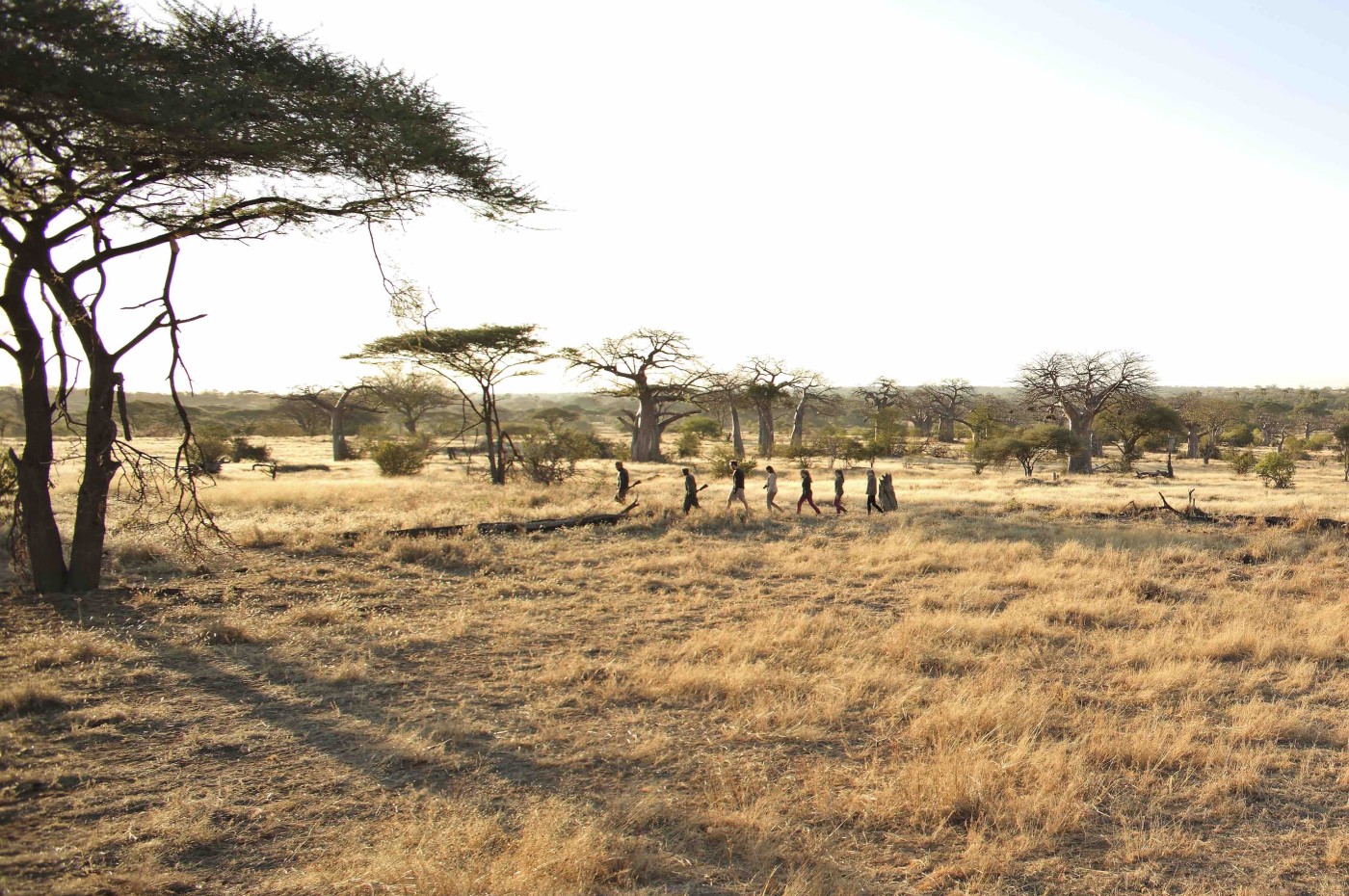
Kichaka Expeditions, Ruaha, Tanzania
You get to know the animals' tracks. Fresh footprints on the ground, excrement, and sounds from monkeys and birds in the trees reveal the animals' presence and direction. Learning to track animals that way and eventually tracing all the way to them is quite a magical experience.
The same goes for refreshing swims in the shallow part of the Ruaha River, breakfast in the middle of the bush, dinners under the wild starry sky, freshly brewed coffee in front of the tent early in the morning, while the sun slowly climbs up from its hiding place on the horizon. And not least sundowners and storytelling around the campfire when the sun goes down again in its night shelter.
Kichaka Frontier
Kichaka's base and Moli and Noelle's home is the first stop for most guests. The semi-permanent camp has just 3 tents and a maximum of 8 guests at a time. It is designed so that it can be taken down and moved without leaving any trace, and the energy comes exclusively from solar cells.
The tents are large and come with a separate toilet and bucket shower. The camp also consists of a large mess tent, where you can eat and hang out if it should rain. Otherwise, most of the life in the camp takes place outdoors.

Kichaka Expeditions, Ruaha, Tanzania
Kichaka Untamed
Kichaka's mobile camp can be put up in a short time and easily moved to a new location. It is the real thing with small lightweight tents, kerosene lamps, campfires, and al fresco dining. It is simple, yet with a private toilet and shower next to the tent and a proper mattress to sleep on.
But from there it is sheer, untamed nature ad libitum. Typically, you go on a long trip from early morning until lunch, where the camp has magically already set up. Along a river bank, on the sand in a dried-up river bed, or under a large acacia tree. A new place every day.
The ideal stay is a minimum of 4-5 days. First with a few days in Kichaka Frontier, where you explore the local area on foot and by jeep, and then with a 2-3 day mini-expedition in Kichaka Untamed, where you move even further into the wilderness, primarily on foot.
If you have a shorter time or Kichaka Untamed is wild enough for you, you can also easily live in the permanent camp. It is still one of the wildest safari experiences in Tanzania.
Kichaka Private
Small groups or families can book both camps exclusively and thus get the full benefit of Moli and Noelle's hosting. Kichaka Private can be equipped with an extra tent and can thus accommodate up to 8 people.
Please note that the minimum age for children is 12 years and that you must be 16 years old to participate in a walking safari.
Safarty & security
Safety is, of course, Kichaka's top priority. But you are in a wild and very remote area, so it is absolutely crucial to follow the guides' instructions. This applies both in the camp, at game drives and of course especially when you walk in the bush. It is wild and untamed, and accidents can occur. But if you follow the guides' instructions, the risk is minimal.
On walking safaris, you are always joined by an armed special guide and a park ranger. Here, of course, it is even more important to follow the instructions carefully. But keep in mind that animals are usually more afraid of you than you are of them. They only attack if they feel threatened.

Kichaka Expeditions, Ruaha, Tanzania
Ruaha National Park
Ruaha is about 1/3 larger than the Serengeti but receives less than 10% of visitors. Maybe because the park is 2 hours by light aircraft or 12 hours by car from Dar Es Salaam. But probably also because it is not next door to Ngorongoro or home to the Serengeti's migration. At least it's not because of the wildlife.
It is said that Ruaha is home to approximately 10% of all African lions and one of the largest concentrations of elephants. In fact, a herd of up to 400 elephants often lives in the part of the park where Kickaha is housed.
Here are also cheetahs, leopards, hyenas, and wild dogs on the land, while the hippos and crocodiles hide in the rivers. Zebras graze on open plains, and giraffes stick their heads out between the trees.
And then there is the bird life, which is one of the most diverse in East Africa. This is especially true during the rainy months of the winter months when the permanent residents are accompanied by large numbers of wood birds